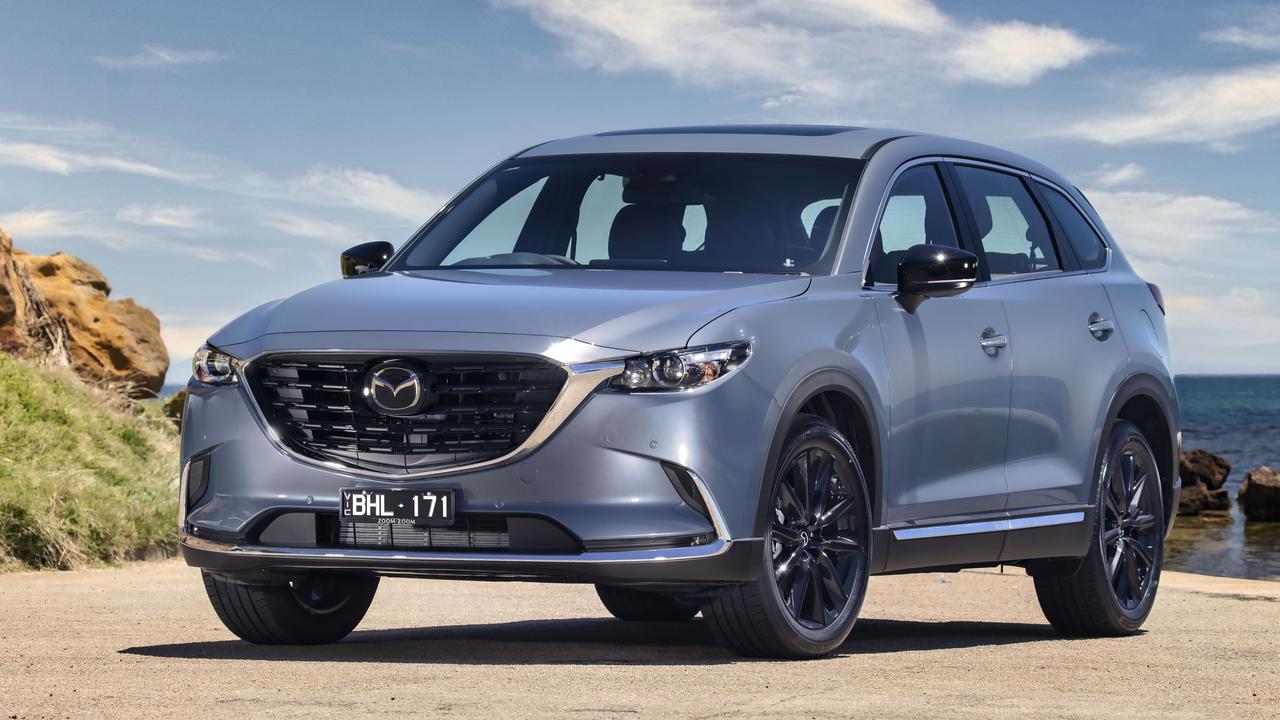Nissan to cease developing new sedans for Japanese market
One of the world’s biggest automakers has made a decision in Japan which could herald the end for a once global vehicle favourite.
It was once one of the most familiar car bodies on the roads.
But a decision in Japan appears to be yet another sign of the slow death for the one-time family favourite auto – the classic four-door sedan.
It has been reported that car giant Nissan has said it will end development of all new sedans for its home market.
It comes after US firm Ford also dropped sedans in many of its major markets.
Japanese newspaper Nikkei said major suppliers had been informed of the plans on Friday but the company itself has given no official comment.
Nissan currently has four sedans available in Japan including the venerable Skyline model which has featured in the line-up since 1957.
New development plans for all four saloons will cease with resources diverted instead to the all-conquering sports utility vehicles (SUVs) and electric cars which Nissan will work on with its partners Mitsubishi and Renault.
Nikkei reported Nissan sold 5800 sedans in Japan in 2020 accounting for just 1 per cent of sales.
Away from Japan, Nissan’s sedans sell better. Almost one million were bought in 2020 although this was down from the 1.7 million sales in 2016.

Ford also cooling on sedans
In 2018, Ford announced that a slew of cars would be expunged from its US line up, including all its sedans.
By 2020, the only sedan model left at showrooms was the Ford Fusion which ended production that year.
At the time, President of Ford North America Kumar Galhotra told the website Ford Authority that sedans were on the way out.
“The sedan segment itself has been in decline for a very long time, and that decline has been accelerating over the last few years,” he said.
“Our industry is very resource-intensive – we have to create a particular product, and the factory to build it, and all the tooling and our suppliers – that can run into billions of dollars.
“The question then became, in that environment, of a finite amount of capital, where do we want to invest that capital? Do we want to invest it in a declining segment or do we want to invest it in a growing segment?”
The company now has no sedans but eight different SUVs for sale in the US.
RELATED: New luxury SUV confirmed for Australia

All hail the SUV
Globally, sedans now make up less than one in four cars sold.
The type has fallen out of favour because they’re not as nippy as a hatchback nor as spacious as an SUV. Sedans also suffer from an image problem of being a sensible family car while SUVs are sportier and yet can carry all the kids to Saturday morning sports.
In Australia, SUVs made up 49.6 per cent of new car sales in 2020 with the type tipped to account for half of all new cars this year.
The Toyota HiLux pick up was the best-selling Australian car in 2020 followed by the Ford Ranger. But SUVs are on the rise with the Toyota Rav4, Mazda CX-5 and Hyundai Tucson in the top 10.

Two of Australia’s most famous sedans, the Holden Commodore and Ford Falcon, have stopped production in the last five years. The Holden marque disappeared along with the Commodore.
But that’s not to say the sedan is quite ready for the knackers yard yet. Toyota and Hyundai continue to sell sedan versions of the Corolla and i30 respectively in Australia.
Globally, by far the biggest single market for saloon cars is China which now accounts for half of all sales, according to vehicle data firm Jato.
Despite Ford no longer selling sedans, one in five of the type are still sold in the US and Canada. Sedans from Toyota and Honda, such as the Corolla, Camry and Civic, continue to sell well there.
Europe only accounts for 6 per cent of sedan sales in a market where hatchbacks are more popular.
Volkswagen and Toyota are the world’s biggest sedan sellers accounting for almost a third of sales.




